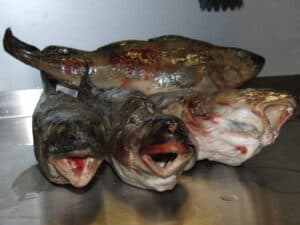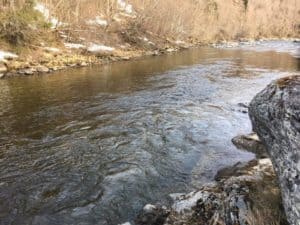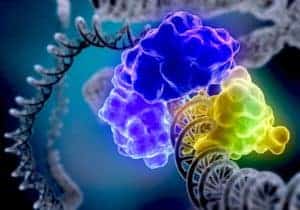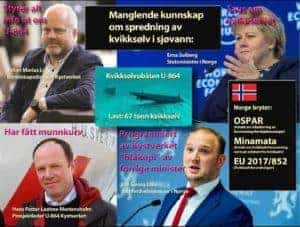Fisheries Minister Nesvik has recently submitted a report to the Storting "A quota system for increased value creation". A message to the Storting, which will govern the fisheries, our most important natural resource, into the future.
The government wishes to retain the current activity obligation. The Government believes that the obligation to offer and process does not work well enough and therefore wants these obligations to be changed so that the obligation to offer and the obligation to process leads to more processing of fish in the coastal communities. Trawlers must offer the catch to fisheries along the coast. Nesvik also wants to tighten the regulations, in that 75 per cent of the cod must be processed, compared to 70 per cent today. Today's practice where trawlers often, despite their obligations, freeze their catch for processing abroad is not desirable. The NMF is satisfied that the fish and its value creation will continue to be linked to the fish receptions and fishing communities along the coast.
The question is, of course, what consequences will the trawlers face if they break their obligations?
Another proposal is to link quota shares to vessels with specific sizes, not so-called authorized lengths. Today, you can have a quota belonging to the smallest coastal fleet (11-15 metres) despite having a vessel of 27 metres. The NMF otherwise disagrees with the Government's proposal that vessels larger than the smallest coastal fleet should be allowed to retain their quota shares from the smallest coastal fleet when transitioning to actual length and a new fleet group.
Former Fisheries Minister Svein Ludvigsen in his time allowed shipowners to have perpetual quotas. The red-green Government changed this when they later came to power, to 20 years. Limiting this in this way will ensure that the fishing quotas are returned to the community. Nesvik now proposes to extend this by 15 years, to 35 years. This is not desirable.



